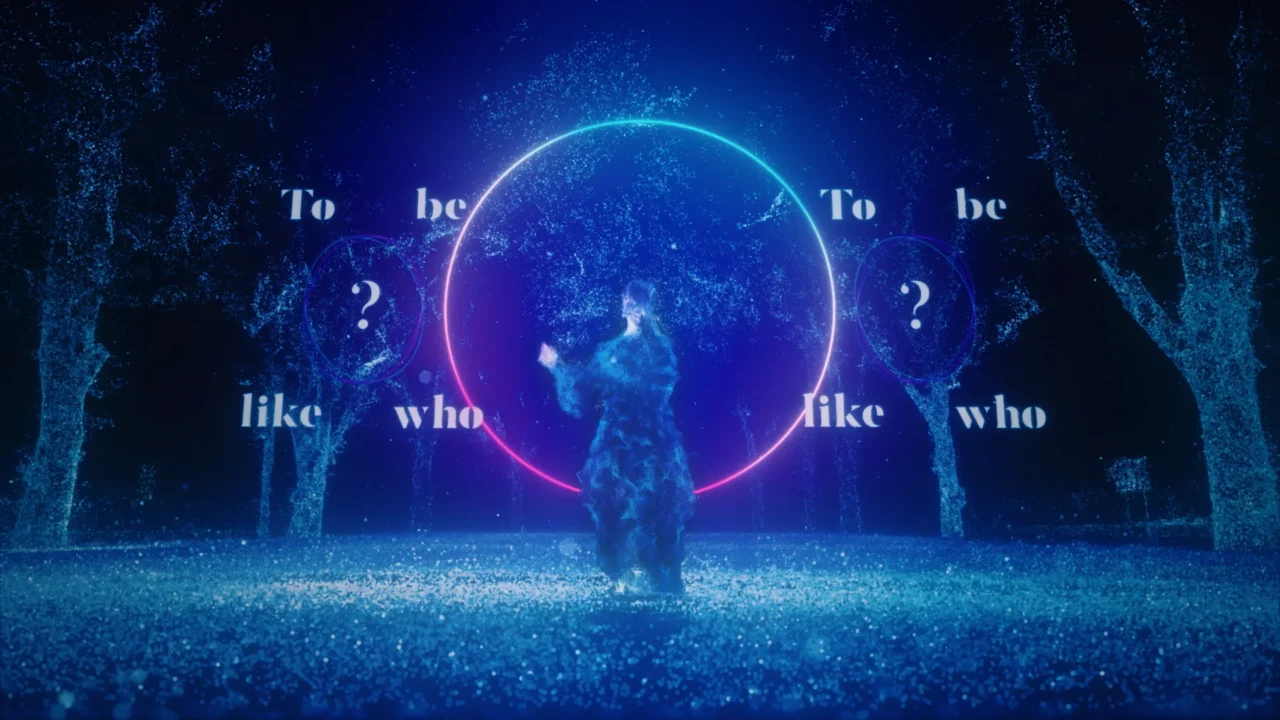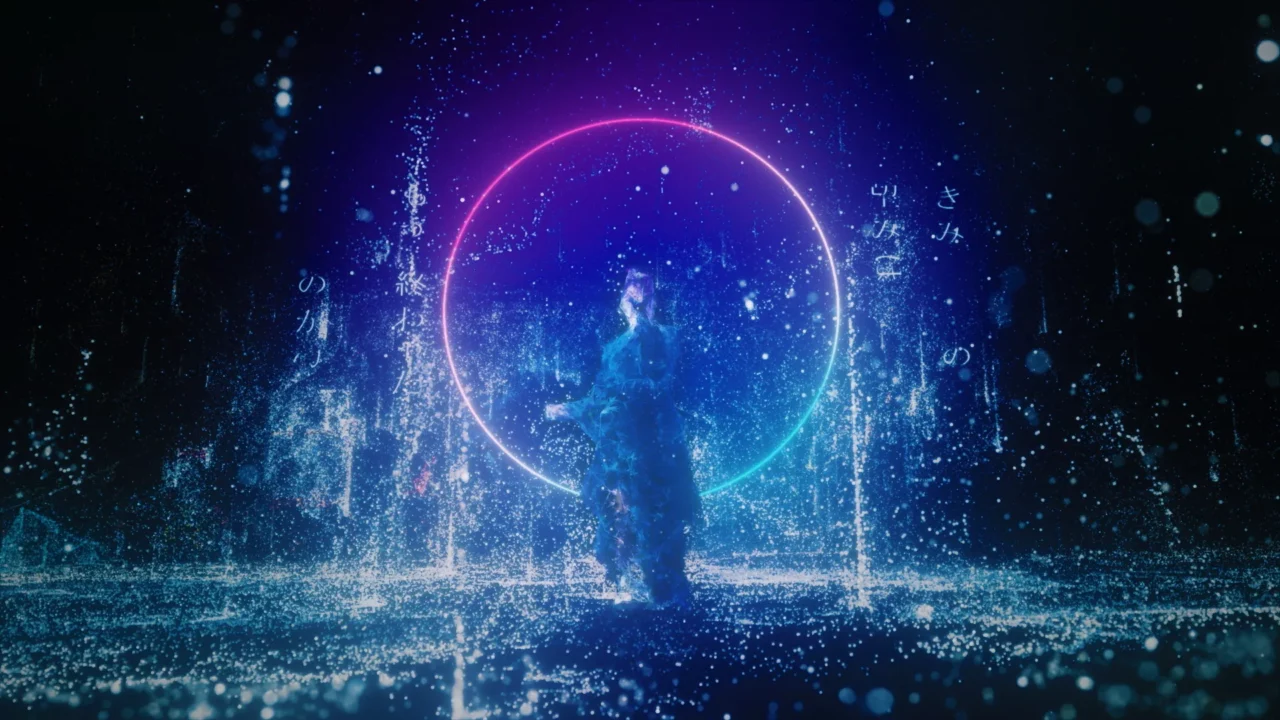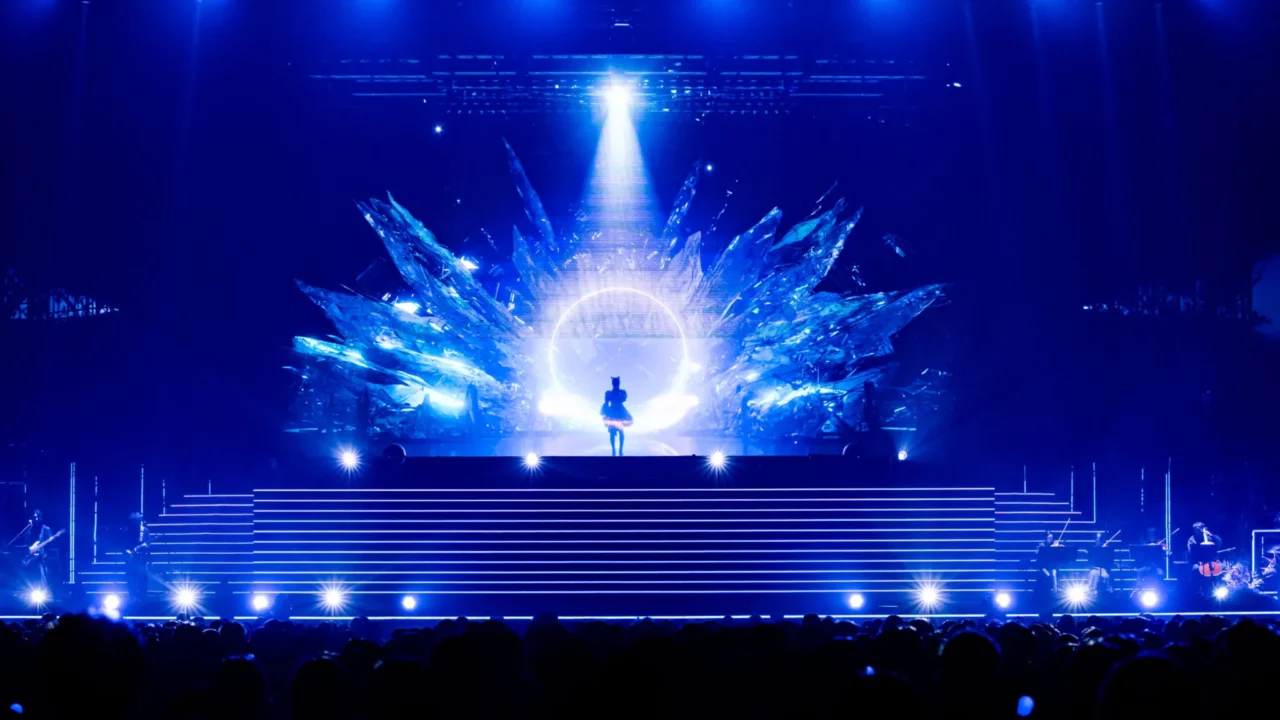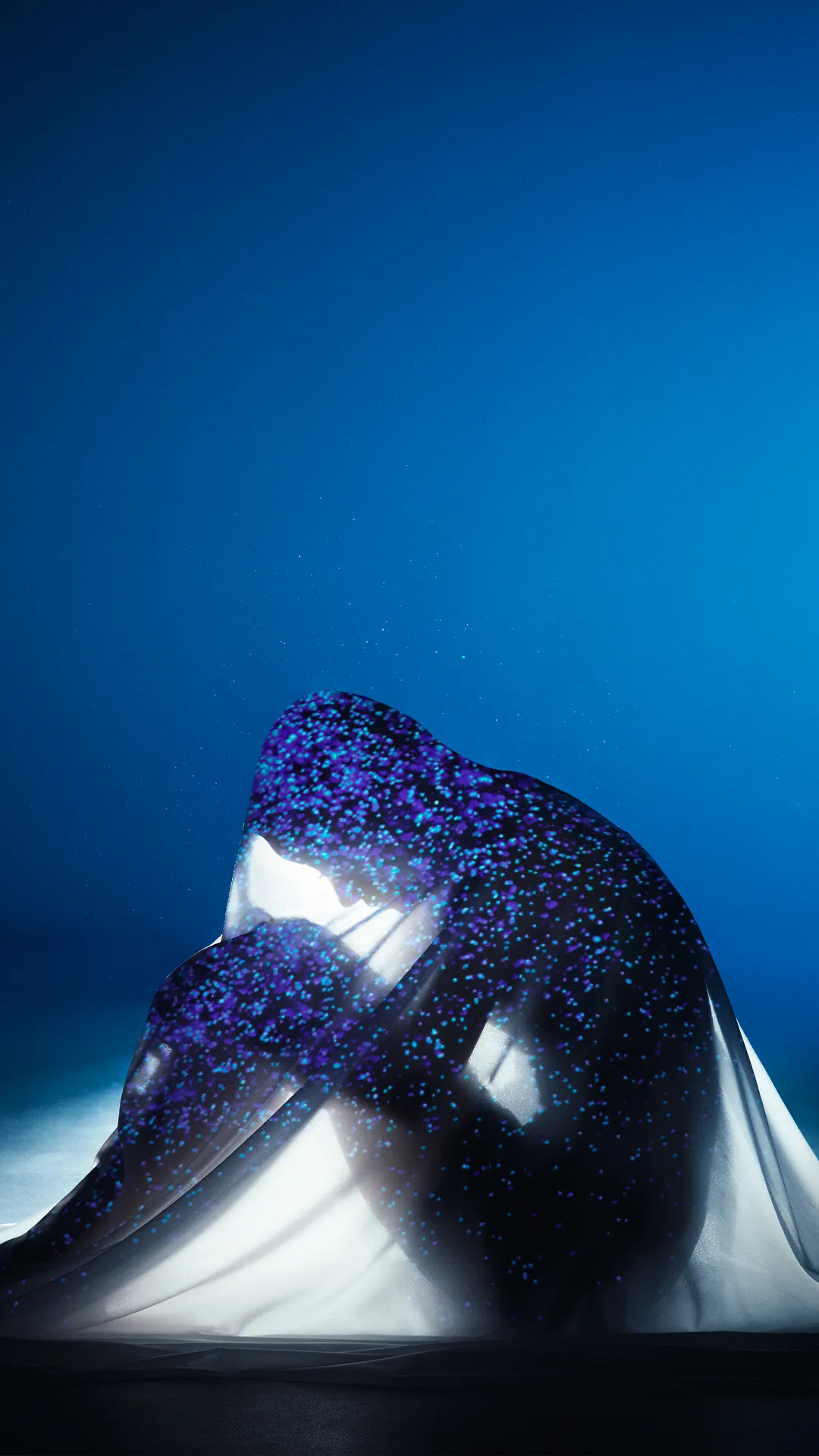Kaika, the virtual singer-songwriter, has completed their first album, “Umareru Mae Kara Kimi o Shitteru.” The title, drawn from the lyrics of their very first song “Kaika,” is more than just words—it’s a declaration of self. It speaks to the unbroken thread between Kaika and their past identity, Kaf, a reminder that no matter how the image shifts, the voice remains the same. The album itself bridges these worlds, blending past and present into a single, continuous story.
But even without this backstory, “Umareru Mae Kara Kimi o Shitteru” stands as a breathtaking debut, filled with raw emotion and vivid storytelling. Across 15 tracks, the album paints the restless journey from adolescence to adulthood, at times deeply realistic, at times dreamlike. Yuki Yamato lends her vision to a three-part music video series, featuring “Tenkōsei,” “Higurashi no Uta,” and “Stand by Me,” while Yusuke Koide of Base Ball Bear brings his touch to “Tokyo, Bokura wa Daijōbu Kana.” With diverse arrangements and Kaika’s expressive vocals, each song transforms into a shimmering pop gem.
A flower blooms, the wheel begins to turn—Kaika’s voice is here, ready to take flight.
INDEX
Kaf and Kaika: No Longer Bound by Binary Opposition
The album release was announced during your online concert in January. Looking back, how did that day feel for you?
Kaika: Since I was first introduced on the stage of KAF’s solo concert, a lot of people see me as an extension of KAF and have been supporting me because of that connection. But this time, it was my own solo concert. I was both nervous—wondering if people would come to watch—and excited about the chance to try something new.
Since it was a Transmission Live, the visuals were on a whole new level—unlike anything I’d seen before. They created virtual versions of places that felt familiar from my time as KAF, like the streets of Shibuya and the tree-lined paths of Yoyogi Park, which was really moving. The way particles of light burst out with the music, or how rain started falling—it all reflected the emotions in the songs and even my movements. That made me really happy, and I was able to sing with a sense of calm and confidence.


That day also marked your first anniversary as Kaika. How do you look back on this past year?
Kaika: While what I do hasn’t drastically changed, the biggest difference is that the songs I used to make just for myself are now being heard by others, and that makes me really happy. “My Dear” and “Remember,” which are on this album, were originally written as KAF songs—they were the first ones where I really thought about how they’d be received by listeners. After my debut at the Yoyogi concert in January, I started making Kaika’s songs with that same awareness, thinking, “Someone might actually be listening to this.” Over the past year, that shift in mindset has changed the way I approach songwriting.
Some people tend to see KAF and Kaika as two opposing identities, but in your live shows and interviews, you’ve talked about how they’re actually connected. A year in, do you feel that perception has changed?

Kaika:As for that, I’ve stopped worrying about it as much. Now, I just think, “If I make good songs, that’s enough” (laughs). I think that’s one of the biggest changes since a year ago.
I imagine that feeling developed gradually, but was there a specific moment or trigger that led to this shift?
Kaika: Hmm… I guess it was gradual after all. I started hearing more people close to me say they liked Kaika’s songs, and that made me happy. That includes the team, and even people I met as KAF through radio who told me, “I like Kaika’s songs too.” Receiving those kinds of comments, little by little, is what I think really changed my mindset.
























